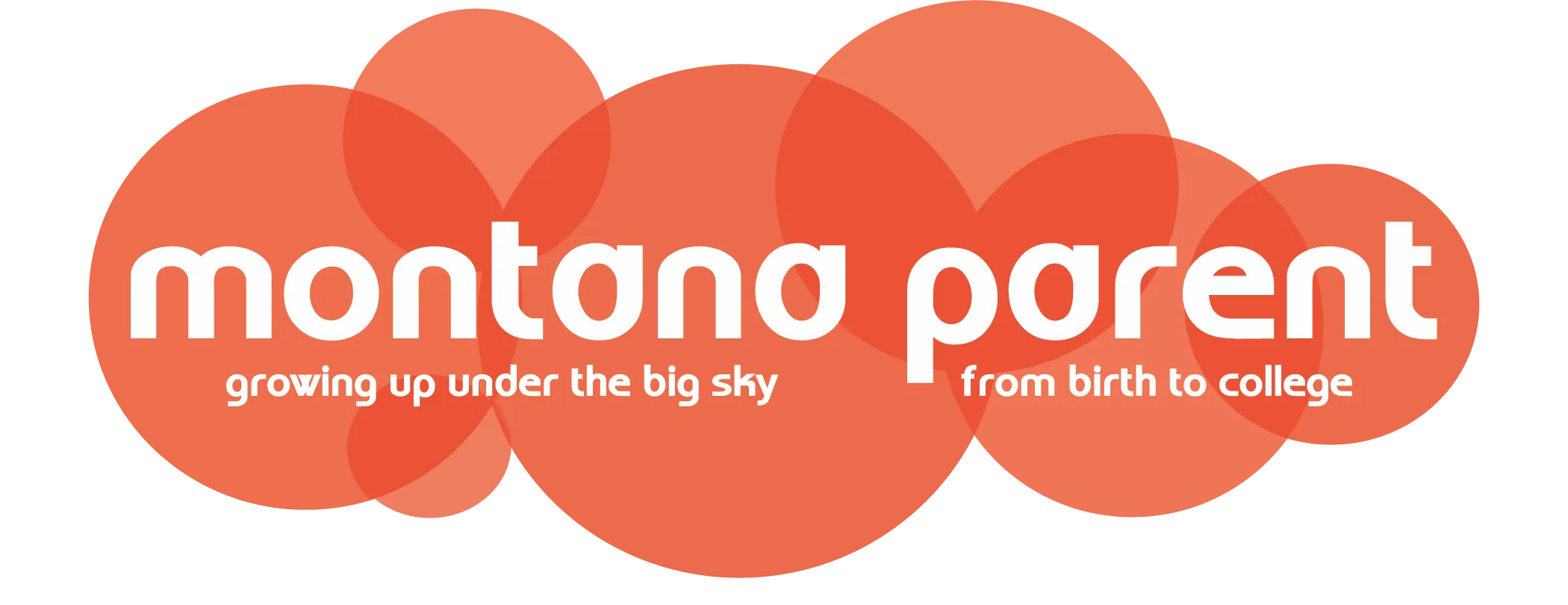When Food Becomes the Enemy
October 03, 2014
Posted By: Shaunescy
By Kim Lockwood
Parents are often baffled when their child is diagnosed with an eating disorder and “Why?” is often the first question I’m asked. The answer is incredibly complex, with varying opinions in the field of psychology about the underlying factors that contribute to this illness. We often say that eating disorders are, “All about the food and not about the food at all.” The theory that makes the most sense to me as a practitioner is a BioPsychoSocial theory of development. This theory indicates that a combination of long-standing behavioral, biological, emotional, psychological, interpersonal and social factors contribute to the manifestation of an eating disorder. The National Eating Disorder Association (NEDA) lists the following contributing factors on their website:
Psychological Factors that Can Contribute to Eating Disorders:
» Low self-esteem
» Feelings of inadequacy or lack of control in life
» Depression, anxiety, anger, stress or loneliness
Interpersonal Factors that Can Contribute to Eating Disorders:
» Troubled personal relationships
» Difficulty expressing emotions and feelings
» History of being teased or ridiculed based on size or weight
» History of physical or sexual abuse
Social Factors that Can Contribute to Eating Disorders:
» Cultural pressures that glorify “thinness” or muscularity and place value on obtaining the “perfect body”
» Narrow definitions of beauty that include only women and men of specific body weights and shapes
» Cultural norms that value people on the basis of physical appearance and not inner qualities and strengths
» Stress related to racial, ethnic, size/ weight-related or other forms of discrimination or prejudice
Biological Factors that Can Contribute to Eating Disorders:
» Scientists are still researching possible biochemical or biological causes of eating disorders. In some individuals with eating disorders, certain chemicals in the brain that control hunger, appetite and digestion have been found to be unbalanced. The exact meaning and implications of these imbalances remain under investigation.
» Eating disorders often run in families. Current research indicates that there are significant genetic contributions to eating disorders.
As parents and families, it is important to not only be educated about the signs and symptoms of an eating disorder, but also to examine your own attitude toward – and relationship with – food. We need to remember that our children look to us when learning how to develop healthy relationships with food and their bodies. This can be a real challenge for those of us who struggle with body image issues whether because of today’s culture, which supports a multi-million dollar diet industry and Photoshopped images of “perfect” bodies, or our own underlying emotional stresses.
It is helpful to pay attention to how you speak about food. Do you put food into “good” and “bad” categories? Are some foods forbidden in your household? How do you talk about your own body, weight and expectations of your appearance and the appearance of others? Model appreciation and kindness towards your body and speak kindly and respectfully of it.
Maintain an accepting attitude toward all foods that indicates anything is OK in moderation. Additionally, discussions around the images which our children see, how they are altered and not representative of reality, can help challenge distorted views.
The ultimate goal of treatment is for the individual to develop a healthy relationship with food and his or her body. In our treatment program, patients are exposed to all foods and learn crucial coping strategies to address the anxiety and emotional pain that arises from eating forbidden foods. Addressing underlying emotional and psychological issues through individual and family counseling, behavioral interventions such as exposure techniques, and addressing cognitive distortions, both around one’s own body as well as our society’s image of “normal” or “beautiful” bodies, are all crucial in the recovery process. Additionally, clients must learn how to regulate their own emotions and to tolerate distress without turning to their eating disorder symptoms as a coping mechanism.
If you suspect that a loved one is suffering from disordered eating or an eating disorder, it is crucial to speak with them sooner rather than later. Early intervention is key in both preventing the behaviors from becoming further ingrained and to prevent physical harm that may arise from engaging in eating disordered behaviors. Although eating disordered behaviors are generally conducted in secret, asking directly about feelings towards food and bodies will often elicit a response that indicates an underlying struggle. A visit to your physician is often helpful to determine whether your child is meeting expected weight and height gains and to determine physical safety. An assessment with a mental health care provider who specializes in working with eating issues can help determine the need for intervention and level of care if needed.
______________________________________________
Kim has worked in Bozeman as a school psychologist from 1996-2005 and in private practice as a licensed counselor since 2002. She practices mainly from a Cognitive Behavioral Therapy (CBT) orientation, but is also trained in EMDR and is intensively t?rained in Dialectical Behavioral Therapy (DBT). Kim is the clinical co-director, along with Jeni Gochin, of the Eating Disorder Center of Montana, currently providing an Intensive Outpatient Program for clients with eating disorders. More information can be found
on-line at EDCMT.com .














